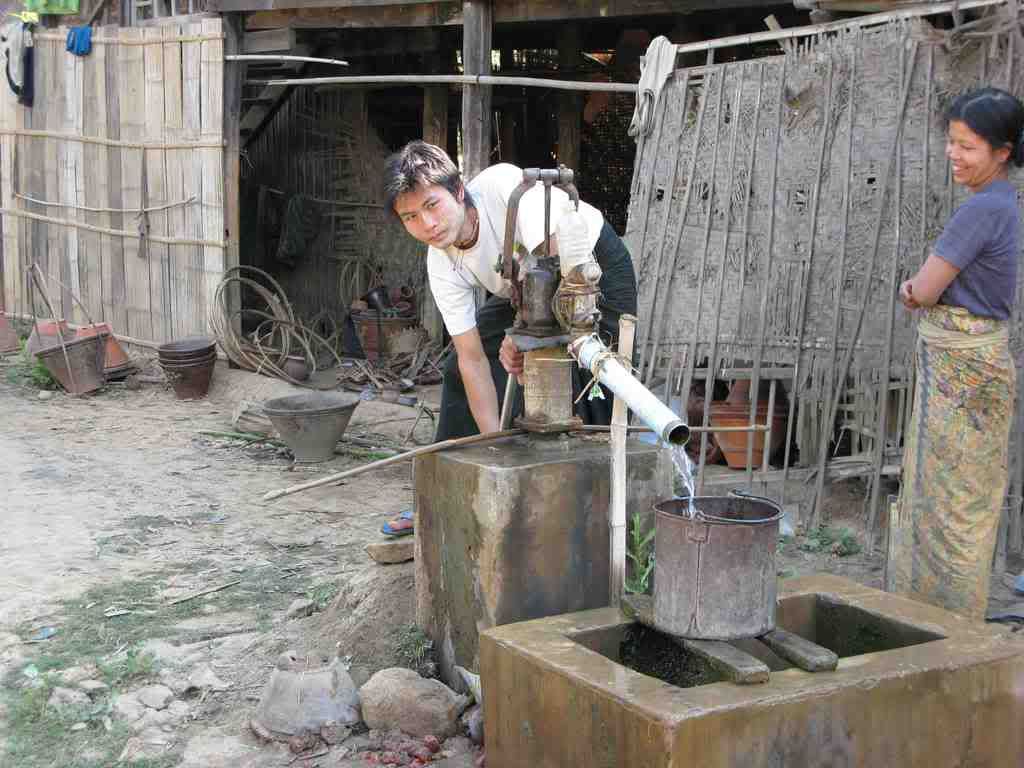 Water – too much, too little, too dirty – has been in the news a lot in recent months. So it should be no surprise that the G8 nations were lobbied on the subject last week by Water Aid, an international charity.
Water – too much, too little, too dirty – has been in the news a lot in recent months. So it should be no surprise that the G8 nations were lobbied on the subject last week by Water Aid, an international charity.According to a BBC news report, Water Aid informed the G8 summit that 40% of the world's population lacks basic sanitation infrastructure. The international community undertook at the beginning of the 21st century to cut in half, by 2015, the number of people who lack basic sanitation and toilet facilities. According to Water Aid, improvements in sub-Saharan Africa are so slow that it will only reach the targeted reduction by 2076.
Ethiopia is a poster child for sub-Saharan Africa's sanitation woes. As reported by BBC, the World Health Organization estimates that 64% of the country's population defecate in the open – an significant improvement since 1990, when more than 90% of the country's people did so. Raw sewage flows through the streets of some parts of Addis Ababa, the nation's capital. Some Ethiopians try to boil water before using it for washing or drinking, but the fuel needed to do so is both expensive and in short supply.
Vietnam is one of many countries struggling with contaminated water supplies. Recently, almost 1,600 factory workers fell sick with gastroenteritis after eating a meal in the factory canteen. The canteen kitchen drew water from an untreated and untested well. And factory workers were given drinking water that had not been boiled or otherwise purified.
Storms can also be the harbinger of water woes. A typhoon that hit the central Philippines last month was the trigger for an outbreak of diarrhea that killed at least 15 people and sickened dozens more. Storm runoff carried pathogenic bacteria into the region's drinking water supply.
Even the developed world is susceptible to water contamination issues. Cities in North America that boasted 50 or 60 years ago of modern storm run-off and sewage treatment systems now are wrestling with their aging infrastructure. An intense storm that hit Toronto last week resulted in a release of raw sewage into Lake Ontario that closed more than half of the city's 11 beaches. Residents in the east end of the city reported flooded basements and backed up sewage in their homes.
In this International Year of Sanitation, we would be wise to remember that clean water cannot be taken for granted anywhere in the world.





No comments:
Post a Comment
Note: Only a member of this blog may post a comment.